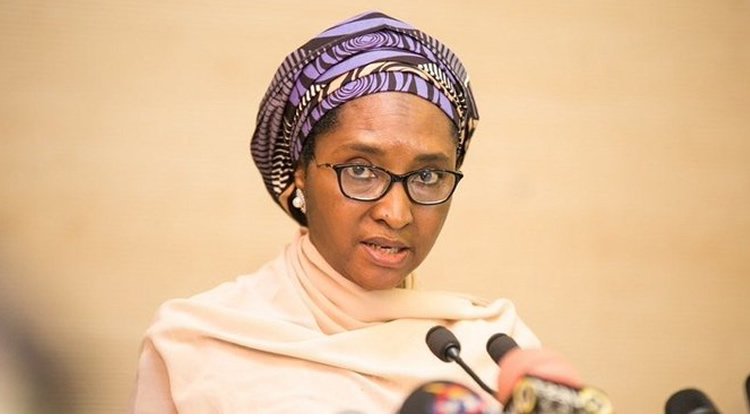CSJ, Partners Write Minister of Finance, Demand Transparency On IMF COVID-19 Special Drawing Rights
-
December 22, 2021
- Posted by: Center for Social Justice

The Centre for Social Justice (CSJ) in collaboration with other civil society partners have written an open letter to the Minister of Finance, Budget and National Planning, Zainab Ahmed to bring greater transparency to bear on all fiscal measures by the government, especially the Special Drawing Rights (SDRs) of the International Monetary Fund (IMF).
As the pandemic exacerbates multiple crises in developing countries, Special Drawing Rights (SDRs) are a crucial option to help finance the COVID response and hasten an equitable and inclusive economic recovery.
The letter was endorsed by the Centre for Justice (CSJ), ONE Campaign, Public & Private Development Centre (PPDC), BudgIT Nigeria, Global Rights, Civil Resource Development and Documentation Centre (CIRDDOC) and Paradigm Leadership Support Initiative (PLSI).
The letter reads: “Majority of the recently allocated Special Drawing Rights (SDRs) by the International Monetary Fund (IMF) went to wealthier countries who already have fiscal and monetary tools to fight the pandemic’s aftershocks. Some of them have now committed to recycling an initial target of $100 billion worth of SDRs to support COVID-19 response and recovery in low and vulnerable middle-income countries.
Nigeria needs 6.3 trillion Naira (US$15.3 billion) to finance the 2022 budget deficit, out of which 5 trillion Naira (US$12.2 billion) will be borrowed. Given Nigeria’s already high debt and debt servicing levels, the SDRs that Nigeria received from the allocation (equivalent of (US$3.3 billion) provides room for the government to reduce the projected borrowing for the 2022 budget by 22%.
The Honourable Minister has said that the SDRs will be used to support Nigeria’s 2022 budget. To ensure accountability and transparency, we therefore ask the Honourable Minister to commit to open and transparent initiatives that will allow Nigerians and civil society organisations, as well as the legislature, to clearly follow the use of the SDRs.
Specifically, to publicly disclose plans on how the allocated SDRs will be used to support the 2022 budget, to periodically publish a progress report on the utilisation of the SDRs in supporting the 2022 budget, to conduct an assessment of how the Implemented activities and results align with the objectives of the plans, and to clearly outline, with justification, the borrowing plans for the outstanding deficit (US$8.9 billion)- whether to access recycled SDRs or use commercial loans instead.
As civil society organisations, we commit to amplify these initiatives, further pressure advanced economies in the media and on global fora, and partner with the citizens of these countries to hold their leaders to account for all commitments made to recycle their SDRs.
We look forward to further engagement with you and your team on this critical opportunity to improve Nigeria’s fiscal space.”
